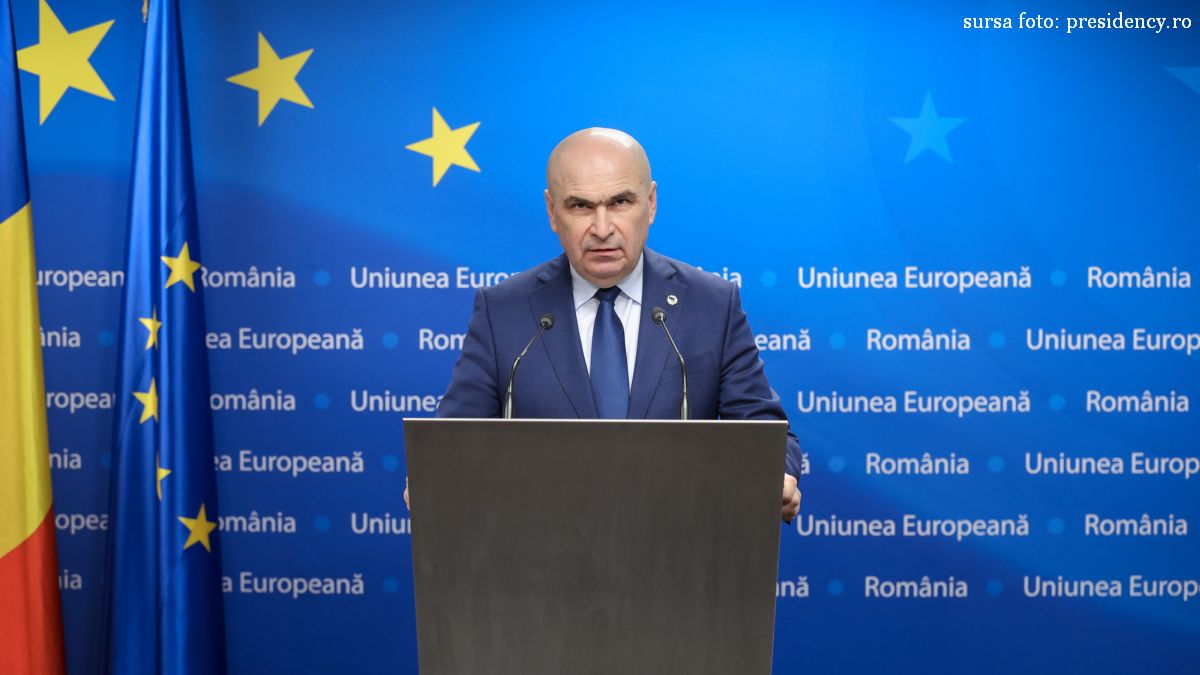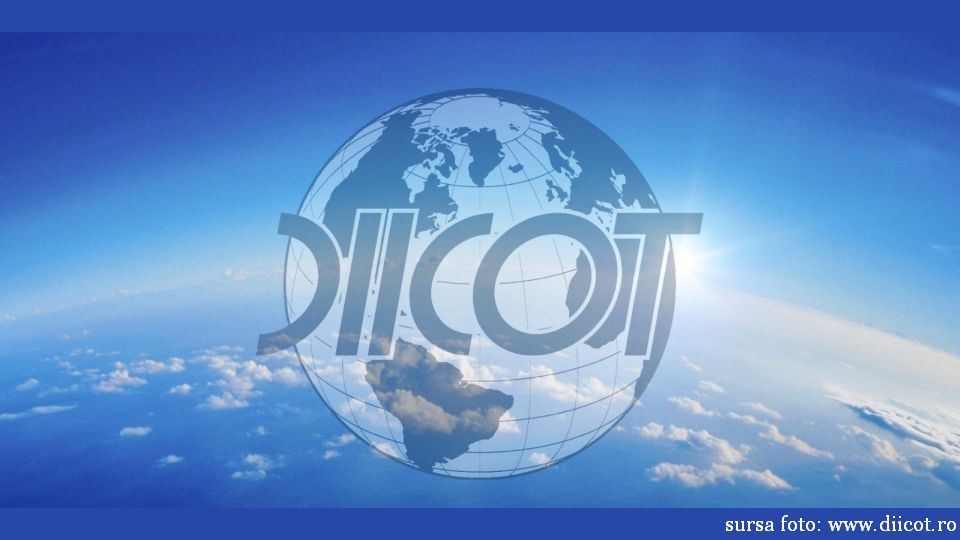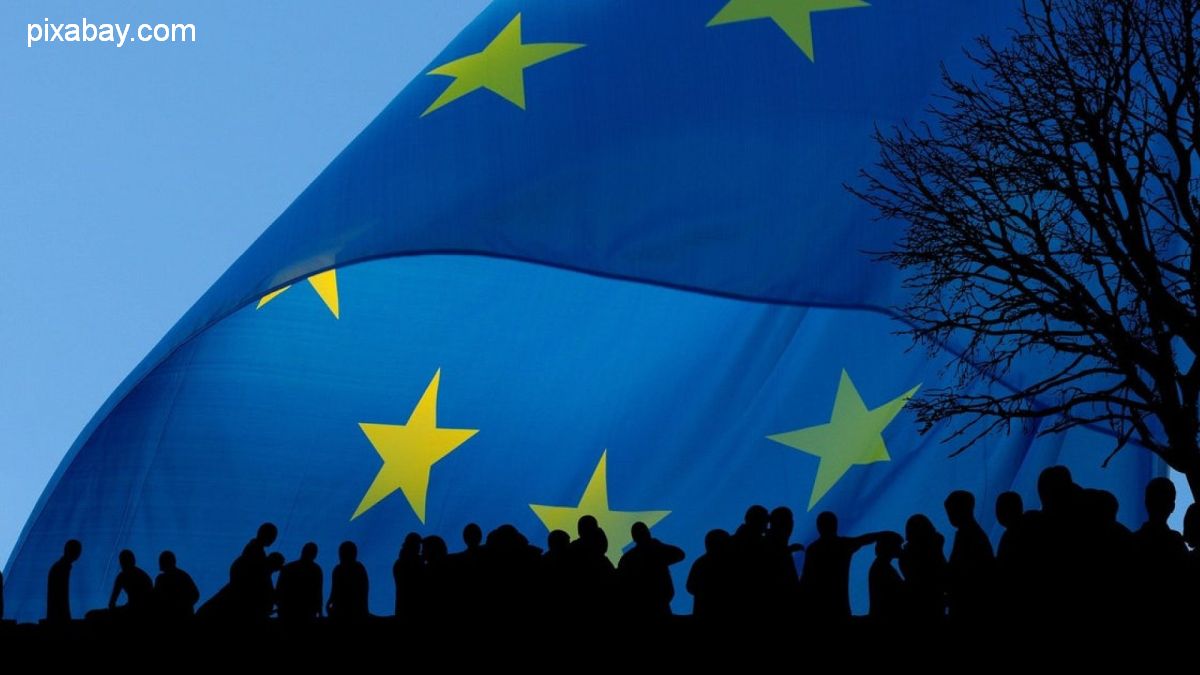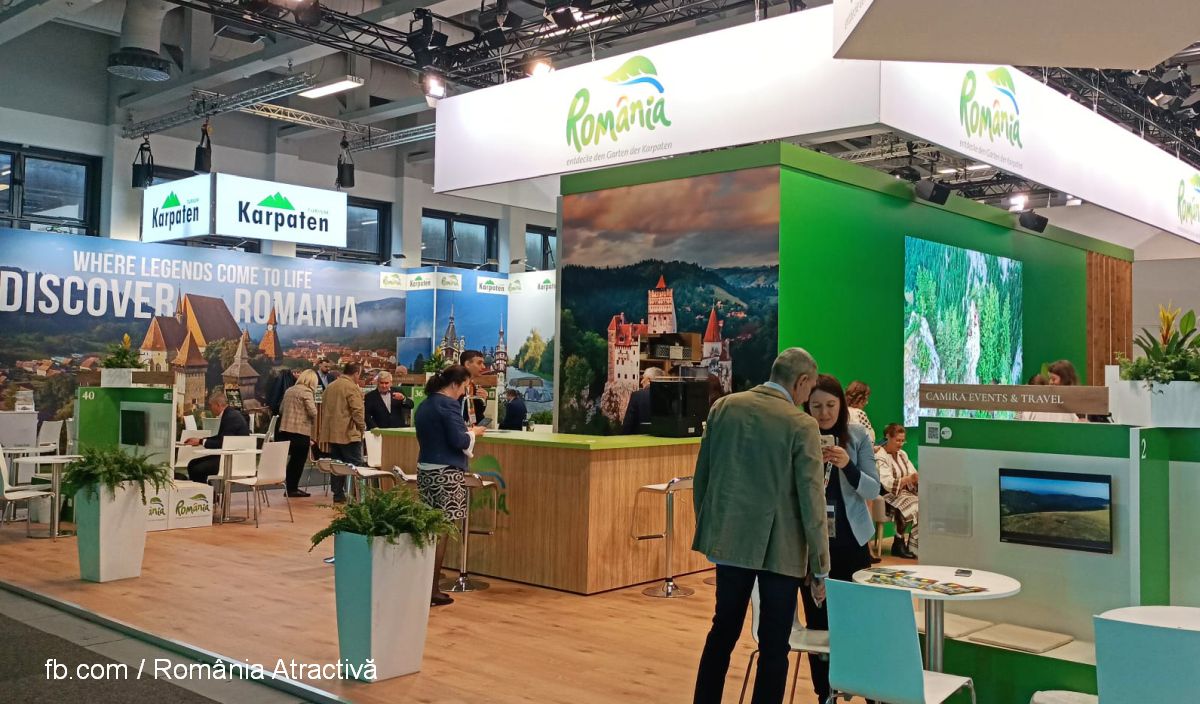Cooperation between Romania, Bulgaria, Greece and Serbia
The Prime Ministers of Romania, Bulgaria, Greece and the Serbian President recently discussed energy independence and infrastructure
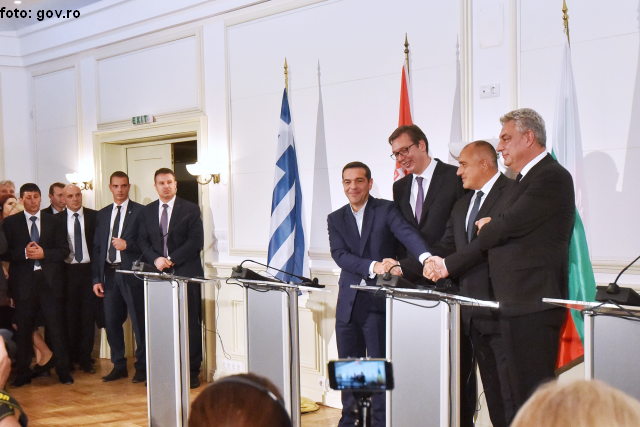
Roxana Vasile, 04.10.2017, 13:46
We can become an example of peace, stability and prosperity by means of joint action, the Romanian Prime Minister Mihai Tudose, his Bulgarian counterpart Boiko Borisov, the Greek Prime Minister Alexis Tsipras and Serbian President Aleksandar Vucic agreed at the end of Tuesday’s summit hosted by Varna, Bulgaria.
The four officials discussed bilateral and regional cooperation. According to the Bulgarian Prime Minister Boiko Borisov, the four countries will form a group that will coordinate its actions so as to become more efficient at European level. In turn, the Serbian President believes the four countries can achieve great things for the prosperity of their citizens. The Greek Prime Minister also said the group can be key to the stability and peace of the entire Balkan region.
Romania’s Prime Minister Mihai Tudose says Romania, Greece, Bulgaria and Serbia are bound by a pragmatic partnership, and will strive to fulfill clear-cut goals before the next summit to be hosted by Belgrade.
Mihai Tudose: “We need to coordinate ourselves, because we are talking about common infrastructure projects. We also have our separate, national projects, but interlinking our national projects will help develop a regional grid that will favour the kind of small-scale economic trade that helps sustain communities living on the borders”.
Prior to the Varna Summit, the Prime Ministers of Romania and Bulgaria attended the inauguration of a new crossing point on the Romanian-Bulgarian border, Lipnita-Kainardja. The new border-crossing point fulfills all Schengen criteria. Both countries hope to join the Schengen area within a year, given that Romania and Bulgaria make up for one of the most secure EU external borders.
The inauguration ceremony was part of a broader round of bilateral talks between the two officials. Mihai Tudose and Boiko Borisov agreed on a new bilateral schedule which includes monthly meetings. Talks also focused on joint projects in the fields of economy, energy and transports, aimed at making the two countries’ economies more competitive at European Union level.
The two officials also signed an agreement for real-time energy assistance, whereby the two countries will use their available energy supplies to provide mutual aid in case of emergency, without endangering their own energy systems.
Mihai Tudose explains: “Each of the two countries can act as a safety net for the other in case of a crisis, such as the collapse of the national energy grid. It’s a very important agreement which speaks volumes about the way we envisage energy cooperation in the future”.
Another point of future cooperation is building a new bridge over the Danube and a motorway linking Sofia to Bucharest.

